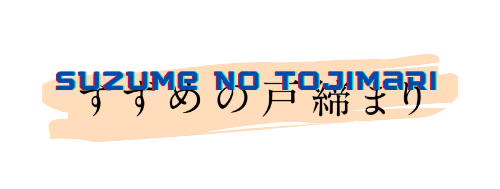Touring the Themes of Violence and Humanity in Chainsaw Man
Touring the Themes of Violence and Humanity in Chainsaw Man
Chainsaw Man has established itself as a captivating entry in the world of manga, captivating fans with its dark yet dynamic narrative. Written by Tatsuki Fujimoto, this series intricately weaves themes of violence and humanity into its storyline, making it a prime subject for analysis. As readers follow the journey of Denji, a young man who merges with a devil to become the titular Chainsaw Man, they encounter poignant moments that force them to confront their perceptions of morality and the human condition. Fujimoto's masterful storytelling often juxtaposes brutality with moments of vulnerability, illustrating how characters navigate a world rife with despair yet tinged with hope.
The Cruelty of Violence
Violence in Chainsaw Man is not merely a tool for shock value; it serves as a lens through which the characters express their deepest fears and desires. From the outset, the series depicts a world where devils embody the worst aspects of human existence, manifesting deep societal fears. The relentless violence that ensues reflects a brutal reality where survival often hinges on one’s capacity for brutality. As Denji transforms into Chainsaw Man, the visceral nature of his powers highlights a world where violence seems like the only option for titular strength. Yet, it also poses the question—where does violence lead us? As Denji grapples with the consequences of his abilities, readers are left to ponder the thin line between power and vulnerability.
The Complexity of Humanity
The richness of Chainsaw Man lies in its exploration of humanity amidst carnage. The characters are multi-dimensional, each revealing various aspects of human nature, from selfishness to altruism. Denji, often portrayed as a one-dimensional character desiring basic comforts and acceptance, evolves into a more complex figure as he encounters loss and the devastating repercussions of his choices. These human emotions add layers to the narrative, pushing readers to acknowledge that even in a world dominated by violence, the essence of humanity persists. The bonds formed between characters, often forged in blood, exemplify the need for companionship in the face of overwhelming odds.
The Role of the Chainsaw Man Shop
Merchandizing acts as another fascinating facet of Chainsaw Man's cultural impact. The Chainsaw Man Shop serves as a hub for fans to engage with the series beyond the manga pages. From action figures to clothing, these products enable fans to express their affection for the series while simultaneously confronting its themes. Through this merchandise, aspects of violence and humanity are transformative; finding appeal largely due to their juxtaposition in the storyline. Items that showcase Denji or any other character often highlight their struggle and journey, creating a unique connection for fans to explore. The Chainsaw Man Shop not only provides tangible pieces of art but also allows the community to celebrate a deeply nuanced narrative that resonates on multiple levels.
Conclusion
In conclusion, the themes of violence and humanity in Chainsaw Man paint a vivid portrait of struggles inherent in existence. Tatsuki Fujimoto has harvested the raw essence of what it means to be human in a world riddled with chaos and pain. As characters face their fears and forge connections, readers are prompted to reflect on their interpretations of morality and the duality of good and evil. While the brutality can be jarring, it is this very conflict that drives the narrative forward and keeps audiences engaged. Whether through the gripping chapters of the manga or engaging with merchandise at the Chainsaw Man Shop, the exploration of these themes reverberates long after the final page is turned.









